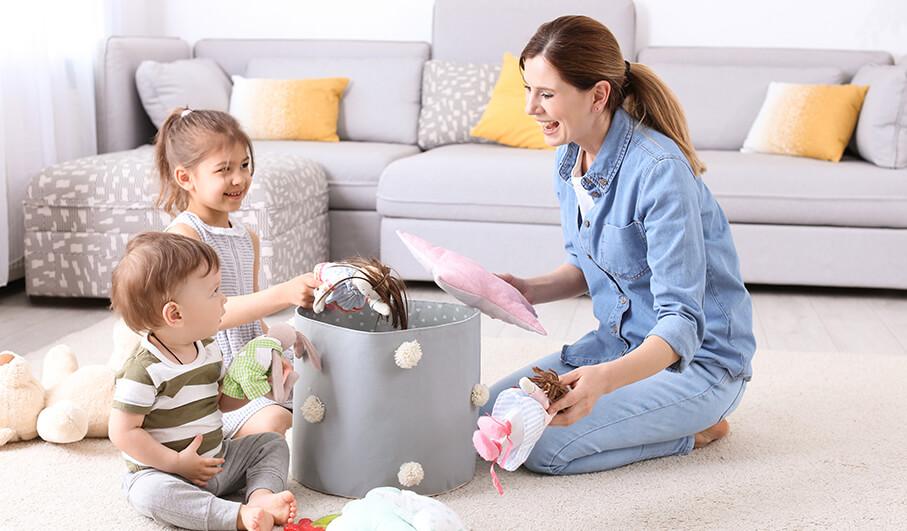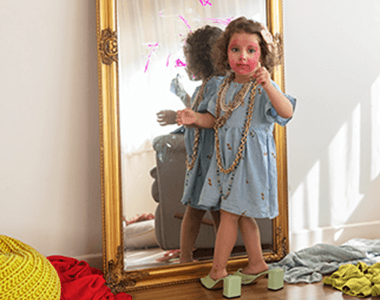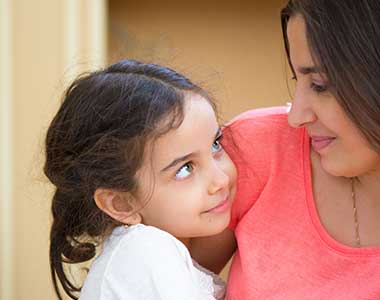Teaching Good Manners to Kids

Does your child say, ‘Please’ and ‘Thank You’ without being prompted?
Does she cover her mouth when she coughs?
Does he say ‘sorry’ when he’s been rough with another child?
Children are born with a number of abilities, but behaving politely isn’t one of them. So as parents, it is our responsibility to teach them how to be courteous, friendly and at ease in any social situation.
It’s never too early to begin teaching good manners to kids
Between the ages of 18 months to 2 years, our toddler becomes aware that other people have feelings just like him, so it’s a good time to teach him about how his behavior affects others. Here’s how we can go about it:
1. Start with the basics
We could begin with easy words like ‘please’, ‘thank you’ and ‘excuse me’. Even if our toddler doesn’t understand the meaning, she can grasp the implication from our response. Sometimes we may need to prompt her, eg. when we give her a toy, we might ask, "What do you say now?”
2. Model courteous behavior
When our toddler observes us saying ‘please’ and ‘thank you’, waiting patiently in a queue, being courteous to the helpers – they will assume it’s expected behavior and will pick up the graces without being taught.
3. Include toddlers in adult situations
Kids don’t need to always be sent off to their room when adults are around. By having them around us, they are more likely to become comfortable in social situations. If sitting at the table for a long period may be hard, we could start with 5 minutes and work it upwards. We could also prepare our children in advance about who we are meeting. It takes the edge off meeting strangers and our toddlers are more likely to stay calm.
4. Encourage your child to be sociable
Children are often shy of strangers. So, introducing our child to people will help him interact better with them. Letting them play with children their own age will also increase their confidence and encourage them to always be more sociable.
5. Praise their efforts
Toddlers thrive with praise. So, we need to acknowledge them when they get it right, by saying things like, “It was nice of you to help Grandma with her glasses” or “I’m so proud of you.”
Mums, like we know, learning manners is a lifelong education. We need to take it slow, allow mistakes and forgetfulness, and gently repeat instructions until good manners become our toddlers’ second nature.












 Expert Opinion
Expert Opinion


 Parenting Articles
Parenting Articles